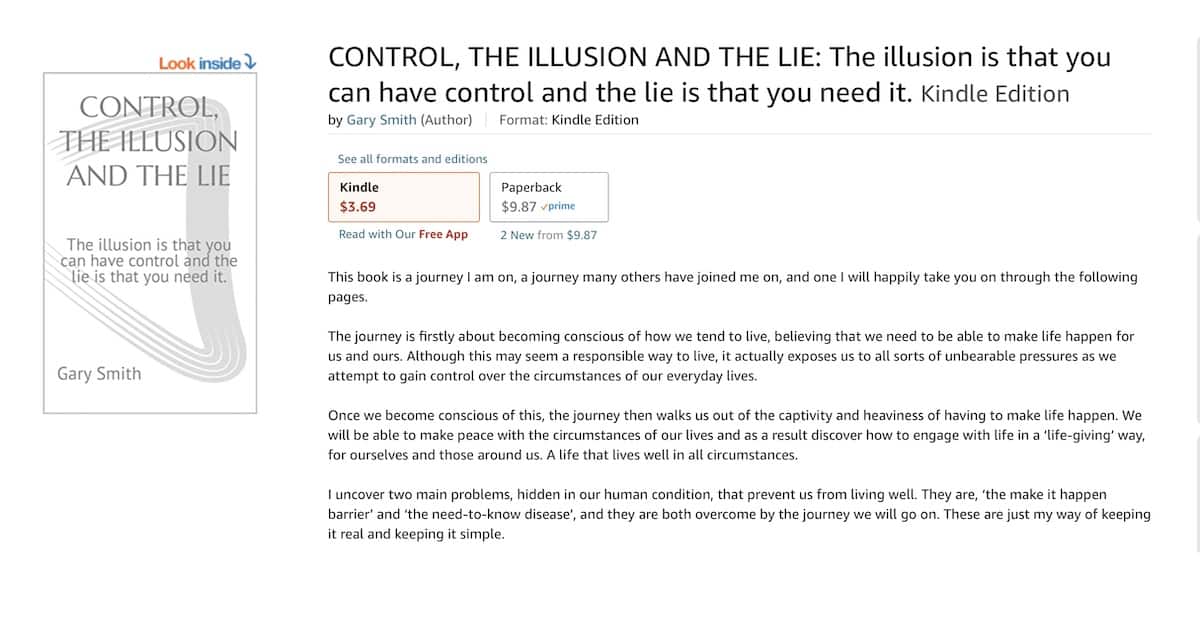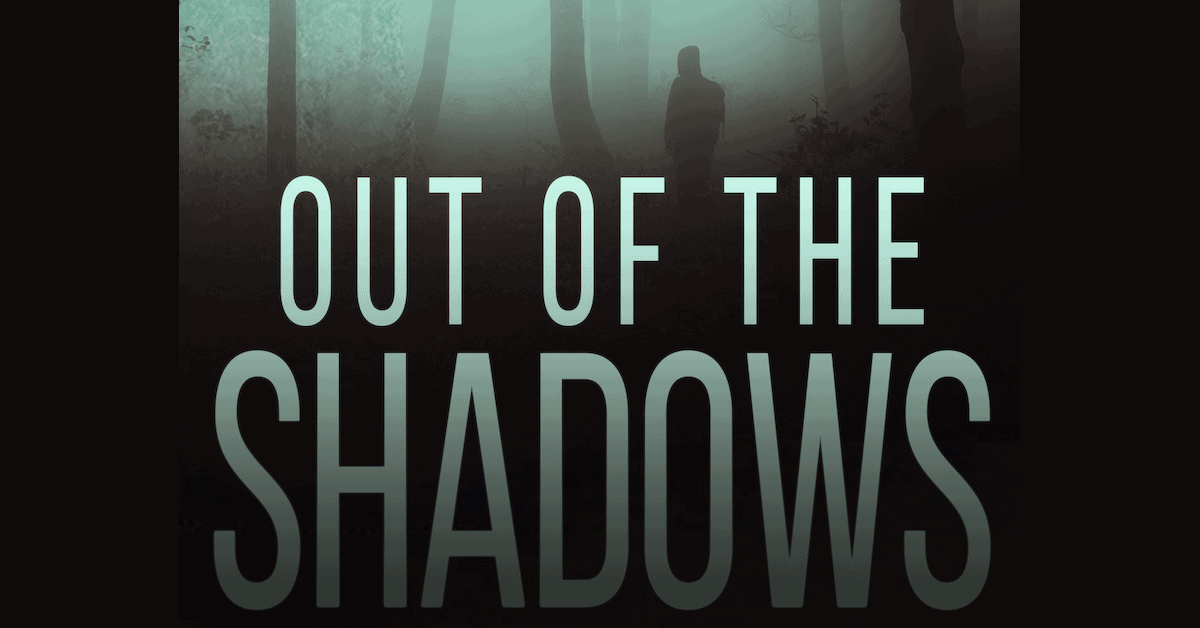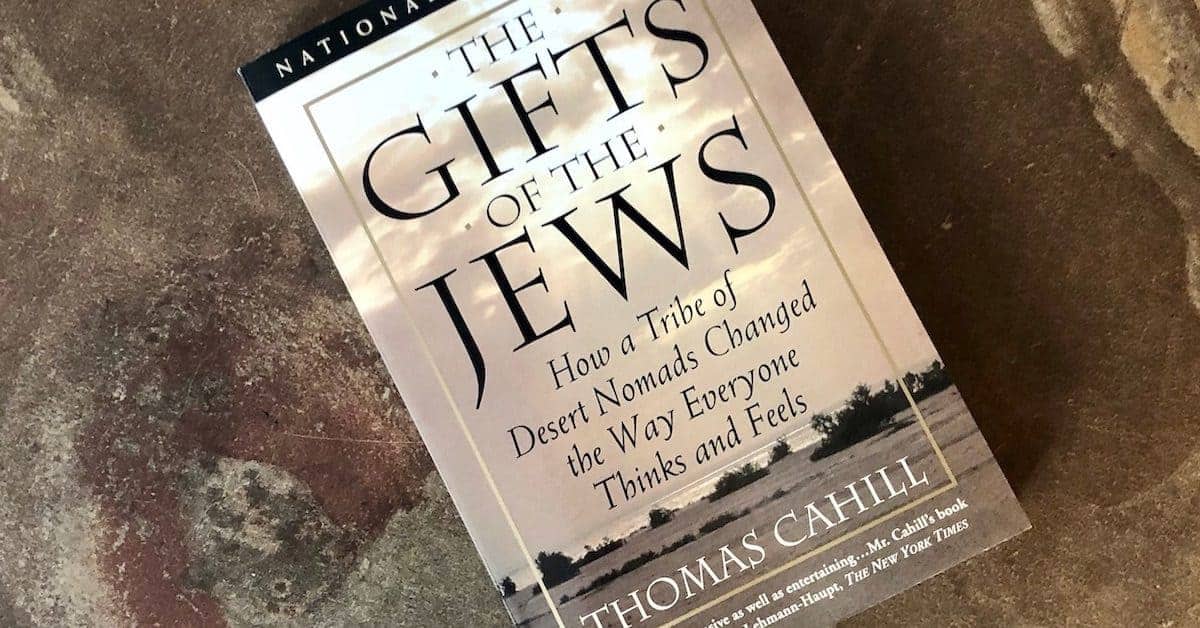Fierce Hope and Power Unleashed
These books couldn’t be more different. One is a memoir of a woman whose young husband’s unfaithfulness destroys all her dreams and hopes and how God rebuilt her life in the aftermath. The other is a fictional story about a woman who must fight with everything in her to rescue the world from the ravages of tribal warfare and save her daughters. What they have in common is that they are well-written by two incredible women whose lives I know firsthand and they ring with the authenticity of truth. If you’re looking for a good read to finish up or summer or start your fall, put these on your list.
Fierce Hope: Walking Through Pain with the God of the Universe by Corrie Napier
When twenty-eight-year-old Corrie overhears a phone call and discovers her husband’s affair, her idyllic Christian world is shattered. Plunged into gut-wrenching pain and betrayal, Corrie’s life comes to a standstill as she cries out to God for a way forward. In the midst of her darkness, an unexpected symbol of hope appears, igniting a transformative three-year spiritual journey. During this time, she experiences divine touch points of healing and closeness with her Creator, inviting her to dream again, and find her way into who she was created to be. This riveting memoir invites you into Corrie’s dual worlds—her dynamic outer life as an American living overseas in Shanghai, China, and her profound inner world of conversations and encounters with God.
This is the endorsement I wrote for the cover of her book:
“There is no tragedy so great that God can’t work his triumph in it. When your hope of happily-ever-after gives way to a nightmare, you’ve got to find a different hope. That’s what Corrie Napier does in FIERCE HOPE, as she tells her story with a sincerity that will touch your heart, vulnerability you’ll admire, and wisdom that will help you to find your own story of redemption when things go horribly wrong.”
For those who have felt the sting of betrayal, the weight of life-altering changes, or the longing for deeper divine connection, wondering where is God this book is for you. It can also encourage those paralyzed by grief or stuck in the darkness of pain. You two can find a hope fierce enough to traverse any difficulty and rise to the moment.
Power Unleashed – The Velieri Uprise Book 3 by Tessa Van Wade
Many of you began this journey with Tessa when she released the first two books in this series through Blue Sheep Media. She has now published the final book in the series, which is a battle for the soul of the world and completes the story from Part 1, Out of the Shadows, and continues in the second book, Deep Trace. This is a deeply textured story of a young woman who discovers a past she’d lost sight of and becomes a pivotal figure in a battle between two different kinds of humanity. It’s the Hunger Games meets The Matrix, by a gifted and imaginative writer.
This third book is almost all action as our heroine, Remy, seeks to thwart a genocide plotted by her own kind. While there is a lot of action in this third part there are also some gems of insight that will encourage your own journey. Here’s a few I noted:
- Be honest with yourself. It is the only way to break free.
- They didn’t recognize that rules and limitations are a hinderance to God, not the path to him.
- We do not have to conquer or control one another in order to own our own beliefs.
It’s definitely a thriller with lots of action and tragedy. Once you begin, you’ll have a hard time putting it down. If you haven’t read the first two in the series, you will want to start there.







 Deep Trace
Deep Trace
 Deep Trace
Deep Trace Why am I telling you now? So that,
Why am I telling you now? So that, 





